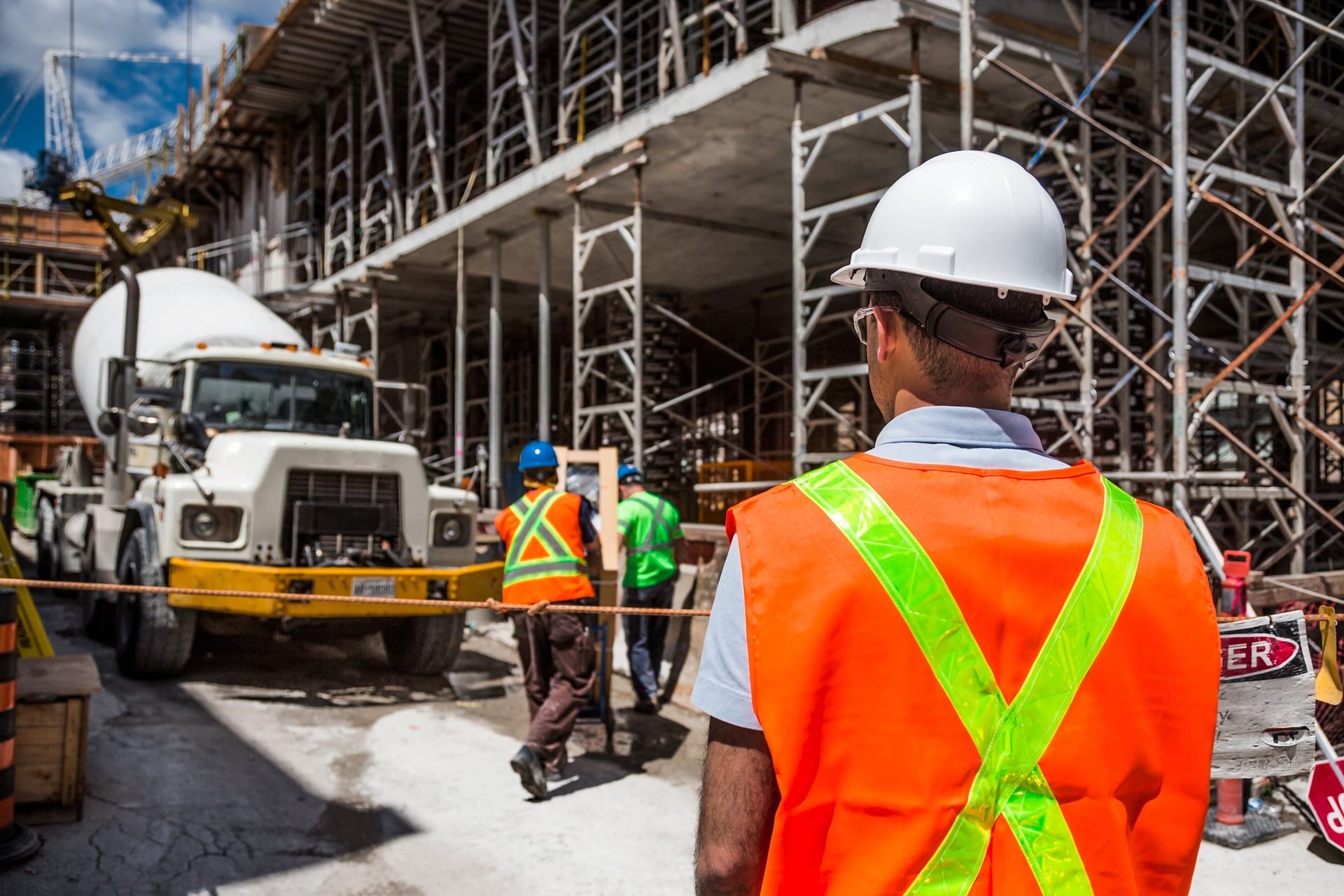On Episode 79 of The Edge of Innovation, we’re talking with business owner Dan Frasier, about entrepreneurship & how his company, Cornerstone Commissioning Inc., is more than just a business!

Hacking the Future of Business!

On Episode 79 of The Edge of Innovation, we’re talking with business owner Dan Frasier, about entrepreneurship & how his company, Cornerstone Commissioning Inc., is more than just a business!

On Episode 78 of The Edge of Innovation, we’re talking with Dan Frasier, co-founder of Cornerstone Commissioning Inc., about building control systems and continuous commissioning.

On Episode 77 of The Edge of Innovation, we’re talking with Dan Frasier, co-founder of Cornerstone Commissioning Inc., about construction commissioning.

On Episode 76 of The Edge of Innovation, we’re talking with world-renowned nature photographer Arthur Morris, about the business side of photography and how to make money as a bird photographer!

On Episode 75 of The Edge of Innovation, we’re talking with Arthur Morris who’s living the dream as a world renowned nature photographer! He’s sharing with us the story of how it all began!